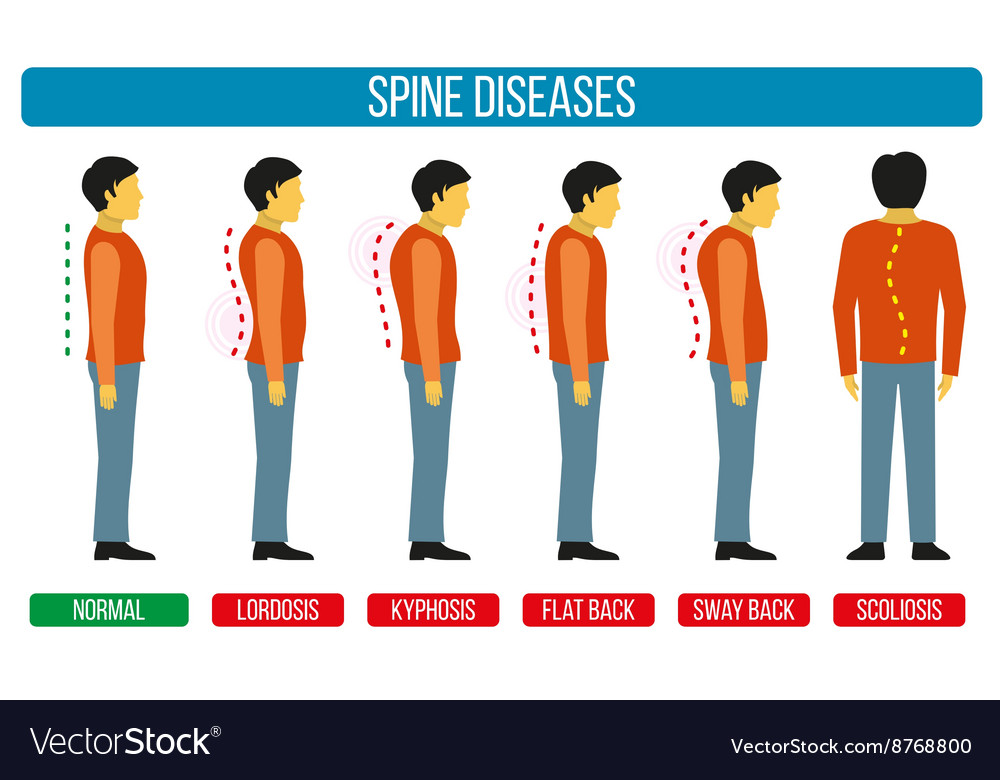The Impact Of Diet Plan On Back Pain Monitoring: Foods To Include And Foods To Omit
The Impact Of Diet Plan On Back Pain Monitoring: Foods To Include And Foods To Omit
Blog Article
chiropractor definition By-Bond Sharpe
When it involves handling your pain in the back, the food choices you make can dramatically affect how you feel daily. Envision being able to ease your discomfort merely by readjusting what you eat. By recognizing the function of nourishment in neck and back pain monitoring and recognizing which foods to integrate or steer clear of, you can take aggressive actions in the direction of a healthier and a lot more comfortable way of living. The connection in between nutrition and back health is a lot more extensive than you might understand-- allow's explore how specific foods can either calm or aggravate your pain in the back.
Importance of Nourishment in Neck And Back Pain
Nourishment plays an important function in taking care of back pain. Your diet plan can substantially impact swelling levels and total discomfort degrees in your back. Eating a well balanced diet regimen abundant in nutrients like vitamins D and K, calcium, magnesium, and omega-3 fats can help reduce inflammation and strengthen bones, which are essential for back wellness.
Additionally, preserving a healthy and balanced weight via appropriate nutrition can relieve stress and anxiety on your spine, reducing the danger of back pain.
Furthermore, particular nutrients like antioxidants discovered in vegetables and fruits can help battle oxidative stress and promote recovery in the body, including the back muscle mass and spine.
On the other hand, taking in excessive amounts of refined foods, sweet drinks, and undesirable fats can contribute to swelling and weight gain, exacerbating neck and back pain.
Foods to Consume for Back Health
To support a healthy back, integrating nutrient-rich foods right into your day-to-day dishes is essential. Including foods high in anti-oxidants like berries, spinach, and kale can help reduce swelling in your back, easing discomfort and discomfort. Omega-3 fatty acids located in fatty fish such as salmon and mackerel have anti-inflammatory properties that can benefit your back health and wellness.
In https://codyeyrjc.webbuzzfeed.com/32670364/a-day-in-the-life-of-a-back-pain-victim-tips-for-managing-pain-at-work , consuming nuts and seeds like almonds, walnuts, and chia seeds gives essential nutrients like magnesium and vitamin E, which sustain muscular tissue feature and decrease oxidative stress and anxiety. Incorporating lean healthy proteins such as chicken, turkey, and tofu can assist in muscle repair and maintenance, advertising a solid back.
Don't neglect to consist of dairy products or fortified plant-based alternatives for calcium to sustain bone health. Finally, hydrate with plenty of water to maintain your spine discs hydrated and functioning efficiently. By including lower back stiffness and pain -dense foods in your diet regimen, you can nurture your back and assistance general back wellness.
Foods to Prevent for Back Pain
Opt for staying clear of refined foods high in added sugars and trans fats when looking for relief from pain in the back. These types of foods can contribute to swelling in the body, which might intensify neck and back pain. Say no to https://virtual-strategy.com/2021/11/01/on-site-preventive-care-market-is-expected-to-witness-a-cagr-of-7-1-from-2017-to-2027-fmi-research/ like candy, pastries, and sugary beverages, along with junk food items like burgers, french fries, and fried hen that are often filled with trans fats.
Additionally, steer clear of foods consisting of high levels of refined carbs, such as white bread, pasta, and pastries, as they can spike blood glucose levels and possibly worsen swelling in the body.
It's additionally smart to limit your intake of foods high in saturated fats, like red meat and full-fat milk products, as they can contribute to inflammation. Refined foods like delicatessens meats, chips, and packaged treats are frequently high in saturated fats and should be eaten in moderation.
Verdict
To conclude, taking notice of your diet and making clever food choices can have a substantial effect on handling pain in the back. By including nutrient-rich foods like berries, fatty fish, nuts, and lean proteins, and preventing refined and sugary products, you can help reduce inflammation and support generally back health. Keep in mind, what you eat plays an important role in how you feel, so make sure to prioritize your nourishment for a much healthier back.
